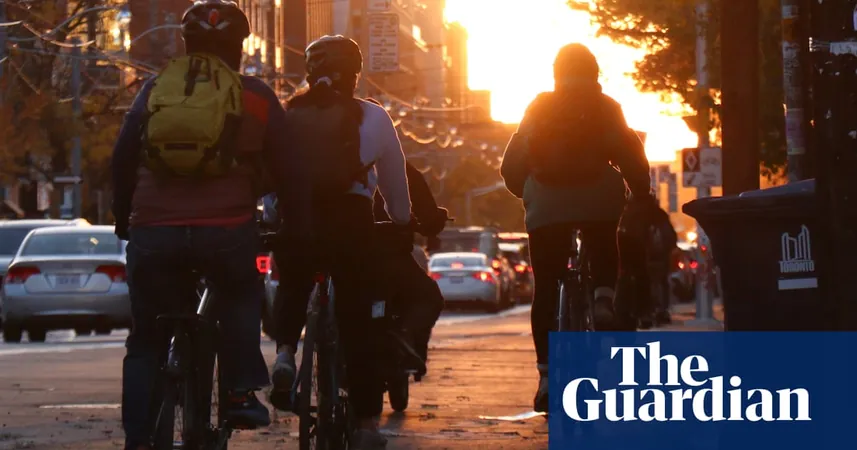
War on Wheels: Ontario Premier Doug Ford Faces Backlash Over Toronto Bike Lane Controversy
2024-11-18
Author: Emma
Introduction
In bustling downtown Toronto, it’s often faster to navigate the streets on two wheels than four, as cyclists zip by while cars remain bogged down in relentless traffic jams. The frustrations experienced by drivers have reached a new boiling point after Ontario Premier Doug Ford proposed the removal of three prominent bike lanes, describing them as “absolutely insanity” during a recent public engagement.
Backlash Against Ford’s Proposal
The backlash was swift and fierce. Ford’s remarks have ignited outrage from both cyclists and city officials alike, raising critical concerns about the ongoing struggle between car culture and cycling infrastructure in urban centers.
City Council’s Response
Toronto’s city council wasted no time in responding, voting 21-4 against a provincial bill that would empower Ontario officials to eliminate bike lanes that take away travel lanes for cars. An estimate from a city report suggests that the removal of these bike lanes could cost a staggering C$48 million. In a clear show of defiance, the council also voted 22-3 against financing any bike lane removals and is currently considering legal options to protect its cycling infrastructure.
Mayor’s Opposition
Toronto’s Mayor, Olivia Chow, firmly opposed Ford's initiative, articulating that demolishing bike lanes and roads would exacerbate the existing congestion rather than alleviate it. “It’s costly, and it will make our roads less safe for cyclists,” she stated, emphasizing the dire consequences of the removal plans.
Provincial Transport Minister's Argument
Provincial Transport Minister Prabmeet Sarkaria argues that the removal of bike lanes could potentially address the C$11 billion in annual losses Toronto suffers due to traffic gridlock. However, critics challenge this notion, highlighting that no substantial data has been provided to demonstrate that the bike lanes on crucial thoroughfares such as Bloor Street, Yonge Street, and University Avenue are contributing significantly to delays compared to regular road or construction disruptions.
Criticism and Opposition
Lawyer and environmental advocate Albert Koehl criticized Ford’s decision as a means of diverting attention from his administration's troubles. Meanwhile, Conservative politician Christine Hogarth acknowledged the growing opposition to bike lanes in her district but contended that traffic congestion in Toronto is worsening and the debate over bike lanes falls primarily under city council jurisdiction.
Alternative Solutions?
Hogarth suggested that commuters frustrated with traffic should consider using the subway instead of pushing for further changes to busy main roads, emphasizing that additional gridlock on streets intended for vehicular movement only complicates matters.
Observations from the Streets
Recent observations on Bloor Street showcased the disparity: while a sea of cars crawled along the road, cyclists enjoyed unhindered movement in their dedicated lanes. Critics of the proposal warn against the notion of diverting cyclists to secondary roads, asserting that it would impede their commutes and daily responsibilities.
Comparing with Global Standards
In stark contrast to Toronto’s ongoing debates, cities in Europe, such as Paris, have made significant investments in cycling infrastructure, boasting hundreds of kilometers of bike lanes—a stark reflection of progressive urban planning. While many North American cities follow suit, Ford has doubled down on a strategy focused on expanding highways and road networks to alleviate congestion.
Political Implications and Safety Concerns
As Ford moves forward with plans for upcoming elections, his stance against bike lanes draws scrutiny. Cyclist advocates point to the alarming statistics, with six lives lost this year alone—five of those fatalities occurring on streets devoid of dedicated bike lanes. The reality is clear; safer streets for cyclists are not just a matter of convenience but a necessity that could save lives.
Advocacy for Safer Infrastructure
Koehl vehemently defended the development of bike lanes, which are often implemented after years of research and community input stemming from tragic incidents. He lamented Ford's rapid reversal of these years of planning, branding it a concerning trend of disregard for the safety of cyclists.
Heated Discourse and Tensions
The discourse around bike lanes has plunged into heated territory, with road users increasingly at odds. Hogarth has reported a surge in hostile messages, some even threatening violence, underscoring the heightened tension surrounding the argument.
Conclusion
Cyclists are undoubtedly concerned that political maneuvers could escalate tensions, leading to increased road rage or, worse, accidents. As David Shellnutt, a lawyer representing injured cyclists, candidly pointed out, cyclists fear that their lives could be placed in greater jeopardy if politicians prioritize their agenda over public safety.
As the debate rages on, one thing remains clear: the future of Toronto's roads hangs in the balance—caught between growing congestion, political posturing, and a demand for safer, more sustainable urban travel options.

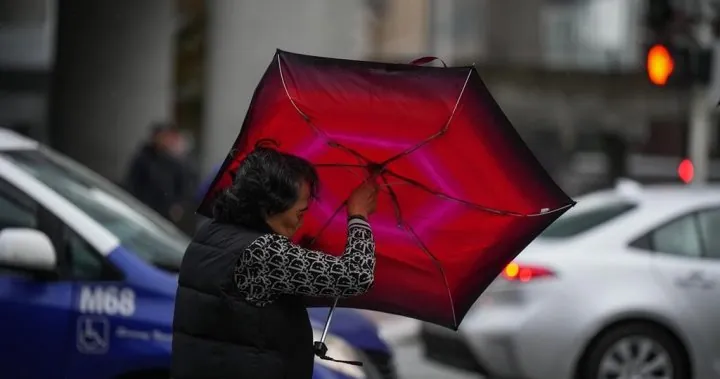
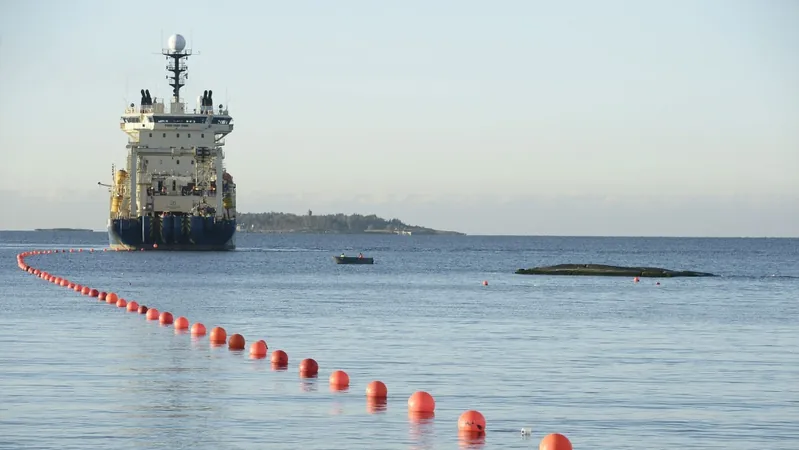

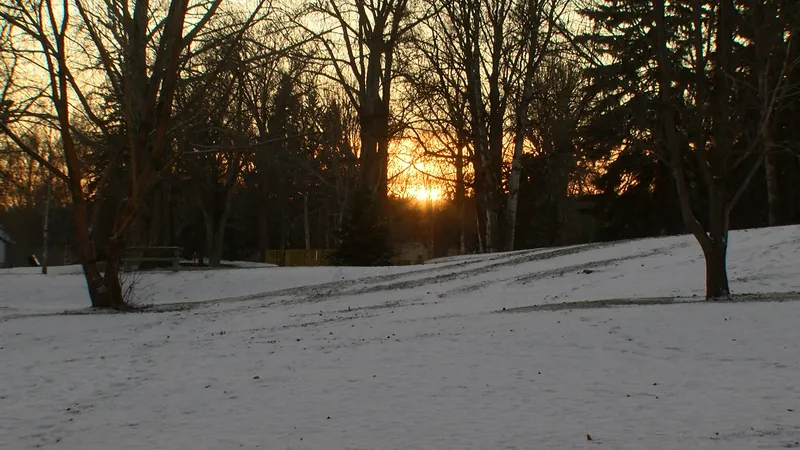


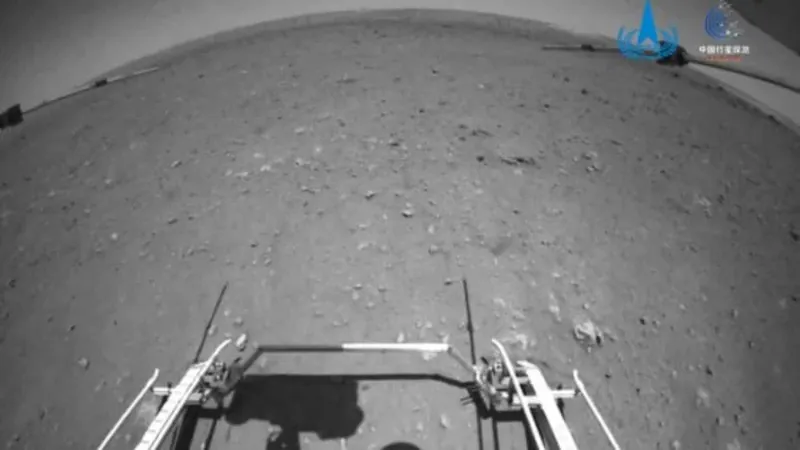

 Brasil (PT)
Brasil (PT)
 Canada (EN)
Canada (EN)
 Chile (ES)
Chile (ES)
 España (ES)
España (ES)
 France (FR)
France (FR)
 Hong Kong (EN)
Hong Kong (EN)
 Italia (IT)
Italia (IT)
 日本 (JA)
日本 (JA)
 Magyarország (HU)
Magyarország (HU)
 Norge (NO)
Norge (NO)
 Polska (PL)
Polska (PL)
 Schweiz (DE)
Schweiz (DE)
 Singapore (EN)
Singapore (EN)
 Sverige (SV)
Sverige (SV)
 Suomi (FI)
Suomi (FI)
 Türkiye (TR)
Türkiye (TR)